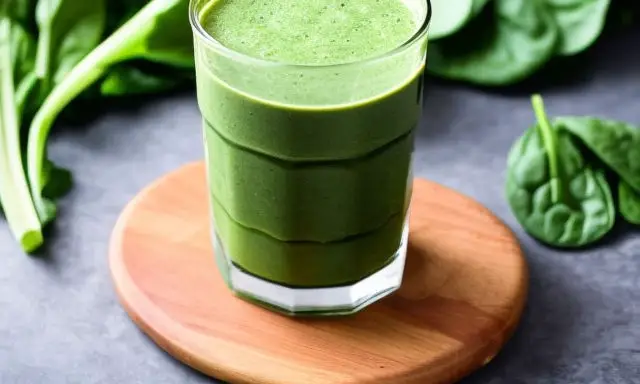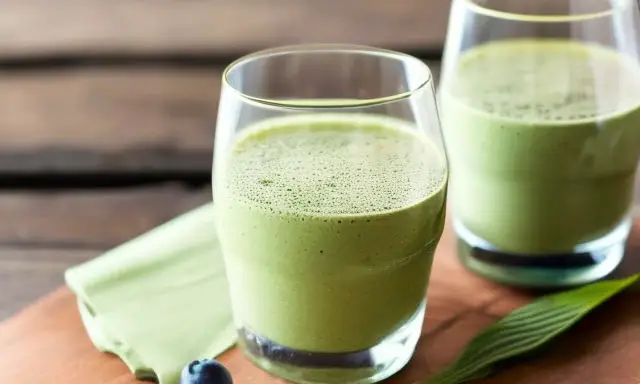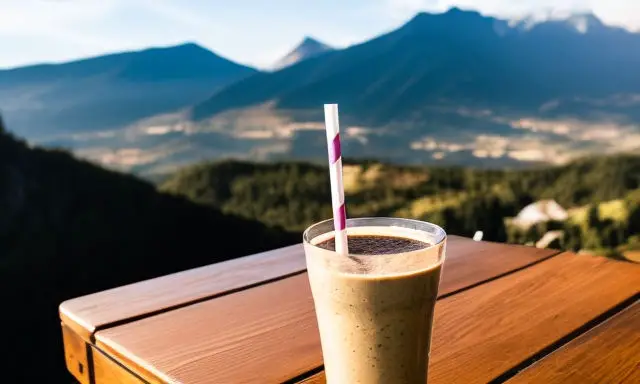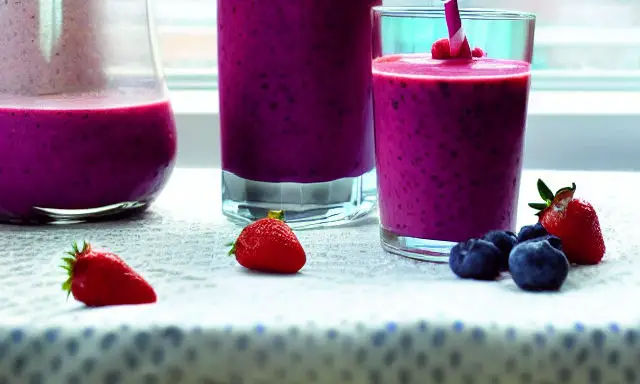If you can find a peach that is as good as it looks, you will understand how good they are. Unfortunately the ones that look so delicious turn out to be hard and disappointing. It is worth persevering in the search for the best peach though, as they are full of health benefits as well as juice.
Peaches originated in China, but were thought to have come from Persia by the ancient Greeks and Romans, so the Latin genus name is Prunus persica, as it was thought, correctly to be related to the plum. Perhaps the Chinese traders threw peach stones along the trade routes and that is how they came to grow in Persia, where they were clearly growing in Roman times. They grow prolifically in the Indian subcontinent and have been used for centuries in traditional medicine systems.
In these traditional medicine systems the fruit, leaves and bark are used for a wide variety of illnesses, including asthma, to prevent and disperse stones in the gall bladder and kidneys, to reduce high blood pressure, improve digestion and help in cases of bronchitis as they have expectorant qualities and help get rid of mucous.
A tea can be made from the flowers which is said to be good for jaundice and other liver problems, just infuse about an ounce of flowers in a pint of boiling water. Leave them to steep for around 15 minutes and ten strain and drink a cup of the tea with honey if necessary. You can also make teas with an ounce of the dried leaves or half an ounce of the bark of the peach tree to 1 pint of boiling water using the same procedure. In traditional medicines these are used for asthma, coughs and bronchitis.
In Italy there is an old superstition that if you wrap a peach leaf around a wart and then bury the leaf, the wart will go as the leaf decays.
John Gerard, the 16th century English herbalist grew a peach tree in his garden and used the peach stones, bruised and boiled in vinegar then made into a paste to promote hair growth. He wrote that “marvelously” hair grew on bald spots.
Peaches contain good amounts of vitamins A and C, some of the B-complex vitamins and vitamins E and K. They have antioxidant properties and also anti-microbial ones. They contain an impressive list of minerals too, and are especially rich in potassium. Other minerals include zinc, calcium, iron magnesium, manganese, copper and selenium. Selenium is the mood enhancing mineral and acts to help the thyroid gland function normally. It may also inhibit the growth of some cancers although the research on it is still far from being over or conclusive.
Peaches are good for your health, and as they taste good too-especially the white Italian peaches; don’t give up on the search for the perfect peach. It will be worth it for a number of reasons when you find one. If you enjoyed this article, you can read more about the health benefits of fruit, vegetables and other plants on this site: herbs-treat and taste
by Lynne Evans






